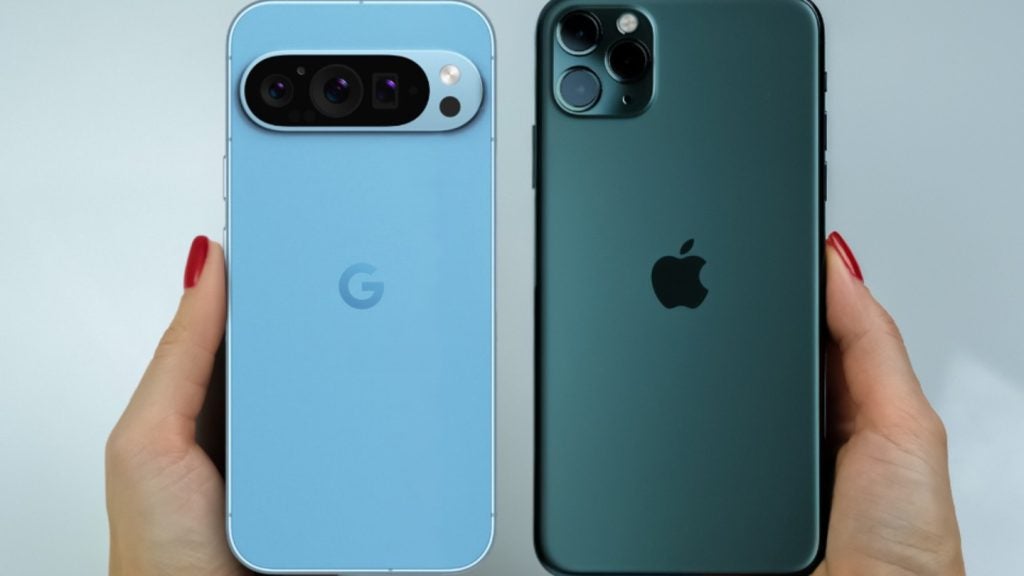Fitbit‘s purchase of Pebble — the smartwatch start up that kickstarted the concept — has sparked concern that smartwatches may not be the panacea some had hoped for the life insurance industry.
Wearable technology — in the shape of fitness bands and smart watches — was heralded as a potential saviour for life insurance firms since the technology hit the shelves in 2014.
Some of the UK’s biggest life insurers have been struggling to bring in revenue from gross written premiums in recent years and they have been looking to new tech as a way to arrest the downward spiral.
There has been plenty of hype around wearables, with all the big tech giants pushing their own version of a broken concept. The market leader — Apple — has refused to publish sales figures, and others are equally obtuse. Despite the smartwatch sensation failing to achieve the heady heights of the smartphone boom, the number of connected wearable devices worldwide is expected to increase from 109m in 2014 to 578m in 2019.
Smartwatches, though checking vital signs and reminding users to take medication, have been recognised by life and health insurers as a new way to measure consumers’ risk metrics and position themselves as wellness companies, rather than plain-old insurers.
How well do you really know your competitors?
Access the most comprehensive Company Profiles on the market, powered by GlobalData. Save hours of research. Gain competitive edge.

Thank you!
Your download email will arrive shortly
Not ready to buy yet? Download a free sample
We are confident about the unique quality of our Company Profiles. However, we want you to make the most beneficial decision for your business, so we offer a free sample that you can download by submitting the below form
By GlobalDataAlong with social media, wearables are viewed as technologies that will be adopted by insurers to create better engagement, save on costs, and improve peoples lives.
US-based life insurer John Hancock already uses wearable technology to help customers prove that they are lower-risk and the UK life and health insurer Vitality has recently launched a campaign allowing members to get an Apple Watch Series 2 from £69, and then fund the remaining balance by getting active.
But the smartwatch is still trying to find its niche.
Fashion tech
Over the next 2-3 years, these ugly, clunky fitness bands could move into the world of fashion.
One example of wearable tech in the fashion world is London-based TheUnseen, which has already come to market. Founded by self-styled alchemist Lauren Bowker, its uses wind reactive fabric ink that changes colour.
Accessories including backpacks, scarfs, and phone cases that respond to things like air pressure, body temperature, touch, wind and sunlight have also already become available.
Imagine a world where fashion brands collaborated with life and health Insurers to measure customers’ biometrics.
That would shift wearables from being viewed as fitness trackers for a select segment of the population — and bring them into the mainstream.
It’s only a matter of time before health insurers start to use data from wearable fashion to price the risk and reward of a customer.








Related Company Profiles
Apple Inc
Fitbit Inc